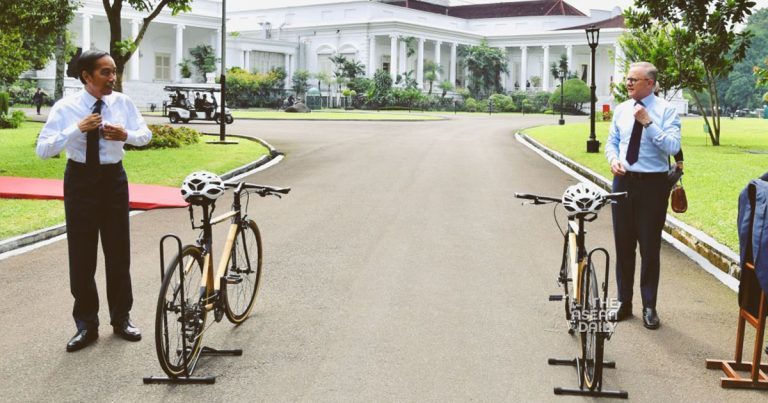3-7-2023 (SYDNEY) Indonesian President Joko Widodo’s visit to Australia this week could be his last while in office, as both nations face their biggest strategic choices in decades. Widodo’s primary objective during his visit is to cement his legacy as a global statesman and frame a bilateral relationship fit for the times. Both countries’ ambition should be to reframe the bilateral relationship into an effective global partnership, as Indonesia’s development trajectory is set to join the world’s top four economic powers. The balance of economic and diplomatic power between the two nations continues to shift rapidly in favour of Indonesia.
The two countries need to be united in their commitment to safeguarding the international rules-based order and achieving global goals that address climate change and realise sustainable development. The geopolitical tensions in Asia have led both countries to resort to traditional security responses, such as unwinding economic interdependence and prioritising military deterrence. However, these dynamics risk global political and economic fragmentation, which would have a huge impact on the Southeast Asian economy, particularly Indonesia.
Both countries need to articulate together an alternative to the zero-sum logic of great-power geopolitical competition. Renewed commitment to an open, pluralistic, and cooperative regional order will reinforce regional political stability and economic prosperity. Climate and technological change in the coming decades will force massive transformation in their economies and the structure of trade and investment between the two countries.
The scale of these changes presents opportunities and challenges in both countries’ approaches to economic policymaking and for realising the full potential of the Australia-Indonesia bilateral relationship. The two countries can deepen ties through a better-integrated strategy in pursuing their common domestic and international policy priorities.
The agenda for the meeting between President Widodo and Australia’s Prime Minister Anthony Albanese is ambitious, seeking to upgrade the annual bilateral economic policy dialogues and set out strategies for long-term investment and trade co-operation. It should identify common actions and initiatives to shape regional and global governance reforms, actively shaping global rule-making. Both countries must strengthen knowledge partnerships between universities and think tanks to reinforce evidence-based best practice economic policymaking to guide the relationship’s trade and industrial transformation towards a sustainable carbon-neutral future.
This bilateral agenda should lay the foundations of a step up in the relationship that expresses both countries’ shared and equal ambitions for a partnership that makes their region and the world more secure and more prosperous.




